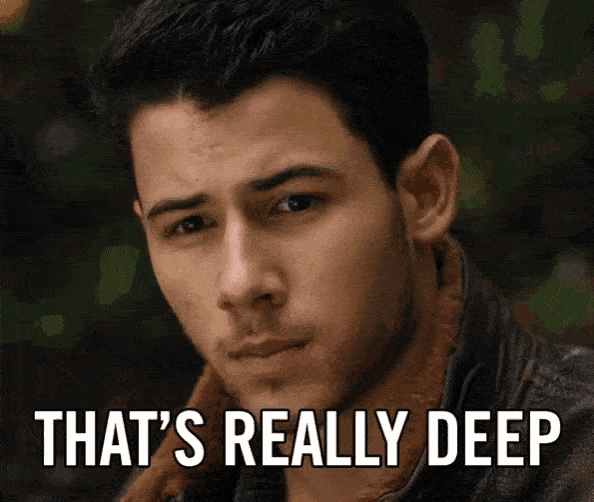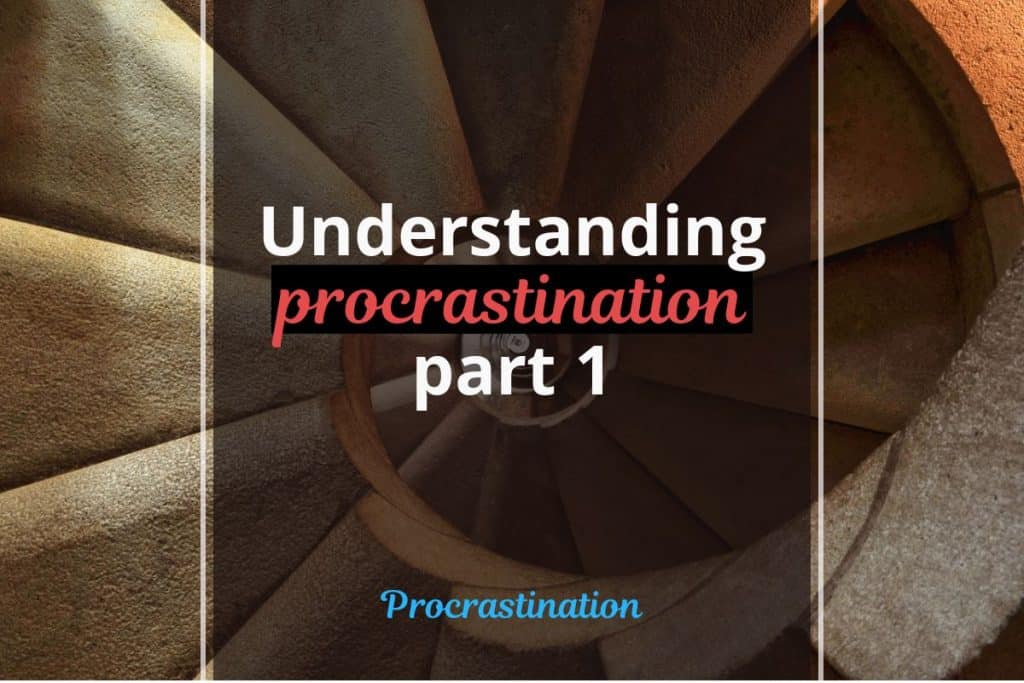🖊 This article was last updated on June 2, 2023
Many people ask me how to overcome procrastination, hoping that there is a quick fix that they can implement and suddenly stop it. Sorry guys! That’s not how it works. Procrastination is a highly complex thing and ‘curing’ it is a long hard process and one that won’t happen overnight.
Sure, you’ll find a huge number of self-help books and blogs all claiming to be the ultimate guide to overcoming procrastination but until you understand what it is, where it comes from, and WHY you do it, then you will never truly shake the habit.
This article is the first of two that will help you understand procrastination, the root causes, and give you access to the tools you need to begin the personal process of overcoming it.
What Procrastination Isn’t
To really understand what procrastination is, we should look at what it isn’t. Many people view procrastination as laziness, a lack of self-discipline, delaying work or simply avoiding it altogether.
Many entrepreneurs look to time-management techniques as a quick fix to their procrastination. But procrastination is not a time issue, so you can not overcome it by only applying time management techniques
What is Procrastination?
Procrastination is a sneaky time waster that can wreak havoc with your entire happiness and quality of life. It results in poor performance, missed deadlines, missed opportunities, and leads to emotional stress, anxiety, depression and an overwhelming sense of guilt.
It’s not just putting off tasks until tomorrow; it is a powerful force rooted deep within our psyche, one which can seem uncontrollable.
Procrastination is More than Delay
While the word ‘procrastination’ is derived from the Latin ‘procrastinare’ meaning ‘deferred until tomorrow’, this still doesn’t quite give us the full picture of procrastination and how deep it goes.
The more realistic definition of procrastination is:
“the voluntary delay of an intended action despite expecting to be worse off because of that delay.”
We don’t just put off tasks. We knowingly bundle up difficult tasks and let them ferment. We do so, knowing that when we come to open up that bundle, it’s going to stink so much worse than it does now!

Procrastination is a huge disconnect between the NOW-you and the FUTURE-you… and future-you constantly resents past-you for passing them the stink bomb!
So, Why Then, Do We Procrastinate?
There have been hundreds of studies into the nature of procrastination and both researchers and psychologists agree that it is a kind of coping mechanism, much like alcohol, gambling, or excessive shopping is…
When we are faced with an impending task that we dread or causes us fear or anxiety, our minds, consciously or unconsciously, turn to procrastination as a way to deal with it, or not deal with it, as the case may be.
Our brains prefer to be happy NOW, so they defer the negative to a later date and direct our attention to something else to block out that sneaking guilt.
What does Procrastination Look Like?
We procrastinate on ‘aversive tasks’, those things that we fear or doubt, the tasks that cause us uncertainty or that we simply find mind-numbingly boring.
For example, as an entrepreneur you may need to send a difficult email to a freelancer about work that was not up to par, maybe you have to let them go. You don’t want to do it… maybe you hate being the bad guy, you just feel very awkward, nervous, or the thought of any sort of confrontation is just very unpleasant and stressful.

So, procrastination kicks in. You’ll find something else to do instead, and because you’re a conscientious worker with a business, you’ll turn to those files that needing sorting, or those other emails that need to be dealt with, or maybe you’ll clean your desk…
These kinds of activities give us a false sense of productivity. We tell ourselves it’s fine that we didn’t send that difficult email because we had lots of other important things to do. These diversion tasks help hold back the guilt of not doing what we were supposed to do.
Conclusion
Procrastination is a very natural, albeit, irrational response to things we don’t want to do. No matter your business or expertise, there will always be some task that you dread doing. For many entrepreneurs, procrastinating around those tasks becomes the biggest obstacle to achieving their full business potential.
In Part II, we’ll look at how this is a personal issue and what it means for overcoming procrastination.
- These Black Friday deals will skyrocket your productivity (2021 edition) - November 11, 2021
- How to Stay Productive as a Digital Nomad - December 23, 2019
- When is the right time to outsource? - December 3, 2019

